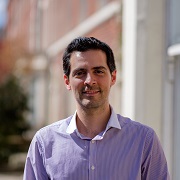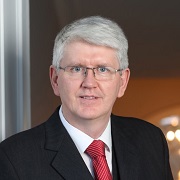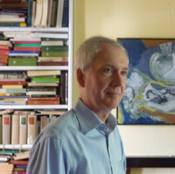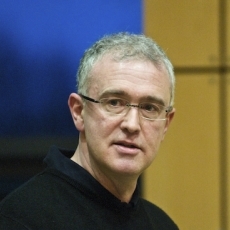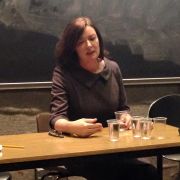As the world started ‘locking down’ in the wake of the Covid-19 pandemic in March 2020, humans exponentially increased the time they spent in front of screens. For a few months, and perhaps for the foreseeable future, that’s how we saw our loved ones, worked, learned, even played. This new condition is marked by ruptures and departures, many of which might seem all but permanent – think of buzzing office common rooms, packed conference halls, sweaty dance floors. Yet there was a constant: our appetite for participating in culture. To frame this as ‘consumption’ tells only half the story. Yes, perhaps we purchase (or are given access to) cultural products, but this facilitates an interaction, live or asynchronous, paid or free, open or restricted, but nevertheless a to-and-fro between artists, audiences, and the myriad positions in between.
My dedication to the humanities springs from a need to understand this participation and interaction. I was a musician before I became an academic, and my entire intellectual development since adolescence has been marked by an obsession with making, listening to, and understanding sounds. For many musicians (some of whom were my teachers, colleagues, bandmates, and friends), sound and music are natural phenomena, that can be measured and subjected to rigid metrics of substance and quality. But I was more intrigued by that which eludes measurability, defies rules, and is always in flux. This is what the humanities are for me: a pursuit of the fleeting, unruly, resistant substance of culture that emerges and vanishes in our transient interactions.
But despite the etymology of the word, some scholarship in the humanities very often ignores humans in favour of their ‘product’. What quickly disappointed me in some mainstream musicological work was its obsession with musical text and its negligence towards the people who made it meaningful and affective (with the exception of the ‘genius composer’, a category that is rife with patriarchal, Eurocentric, and classist exclusions and biases). The search for a human-centred study of music led me to anthropology and ethnomusicology, fields that – without being devoid of their own troubling legacies of colonialism and ongoing reckoning with structural inequalities – strive to listen for the social in all cultural behaviour and production.
My research focusses on Musicians in Crisis. Drawing on my own experiences as a musician in Greece since 1998, and later systematic ethnographic work among professional musicians there, I have been trying to make the case that music is work. This is not to say that music is not also play, or expression, emotion, heritage, history, text, product, commodity, conflict, protest, religion, politics … The list is endless. But to emphasise music as work is to bring attention to the labour that is required to produce affective sounds and to refocus on those who perform it as well as the conditions within which they do so. My extensive involvement in networks of music workers, especially during the period of the infamous ‘Greek Crisis’, led me to a perspective on culture as a result of precarious labour. And if I have learnt one thing from investigating and communicating this phenomenon in the past 15 years is that, for a species that is so reliant on engagement with artforms, we have a profoundly limited understanding of (and empathy for) those who generate it. My more recent research on performing artists and Covid-19 with Ali FitzGibbon verifies some of the earlier (and slower) findings in even more poignant ways. As the performers to whom I am talking are quick to point out, locked-down audiences and institutions are not coupling their insatiable appetite for art consumption with a concern about the livelihoods of those artists. The humanities that I am committed to can address this imbalance by demystifying the ‘work’ and illuminating the process of culture, in all its messy and cacophonic entanglements.
We live in turbulent times. The range of emergencies that seem to be facing humans, from climate change to the pandemic, and from the recurring crises of capitalism to the persistence of white supremacy, tend to privilege the pursuit of absolute and measurable truths. Humanities research and teaching is in the best position to unsettle and nuance this dogmatic understanding of knowledge, and in the process make space for creativity, compassion, and affect. In this context, the case for socially engaged humanities is stronger than ever. We need to tell and hear stories through different-sounding voices, bring attention to the vulnerabilities that make us human and embrace them while trying to alleviate causes of suffering that are endemic to our societal systems. Even departing from the narrowest point of focus (for example a modest research on the Athenian musical precariat) humanities subjects can expand our understanding of what humans do, who they are, and why they deserve better.


